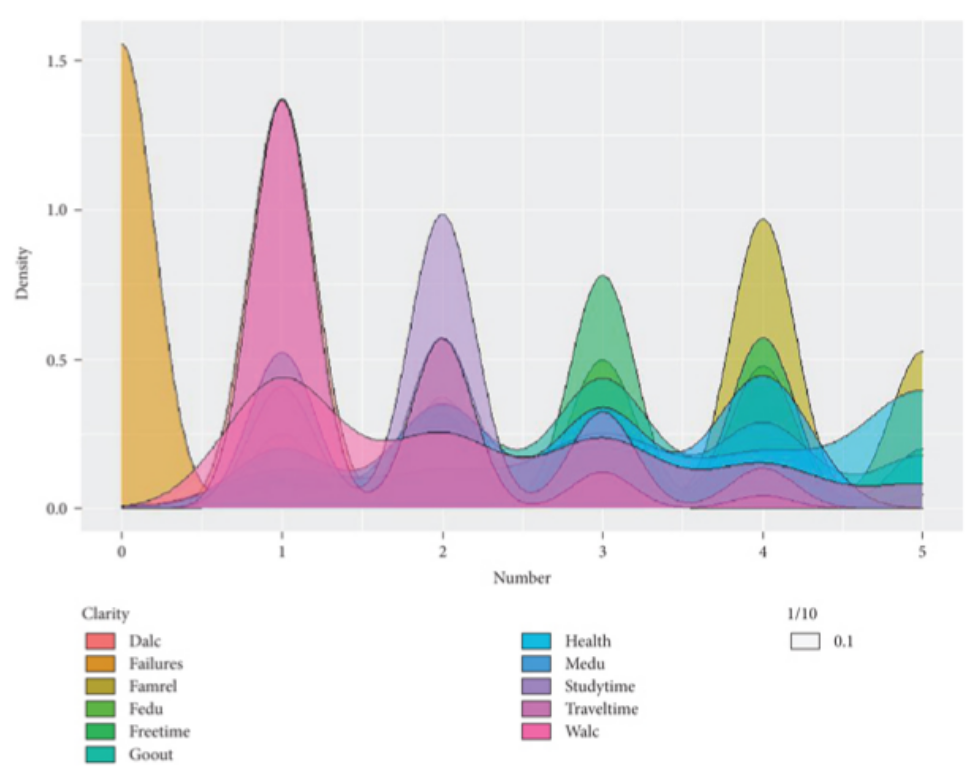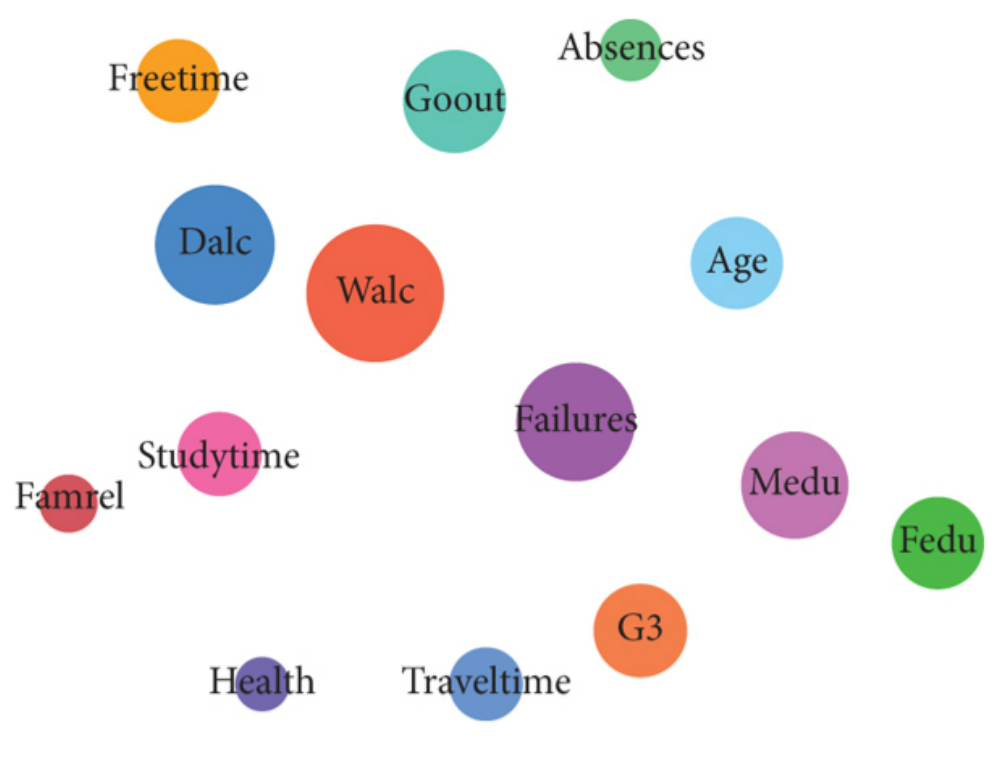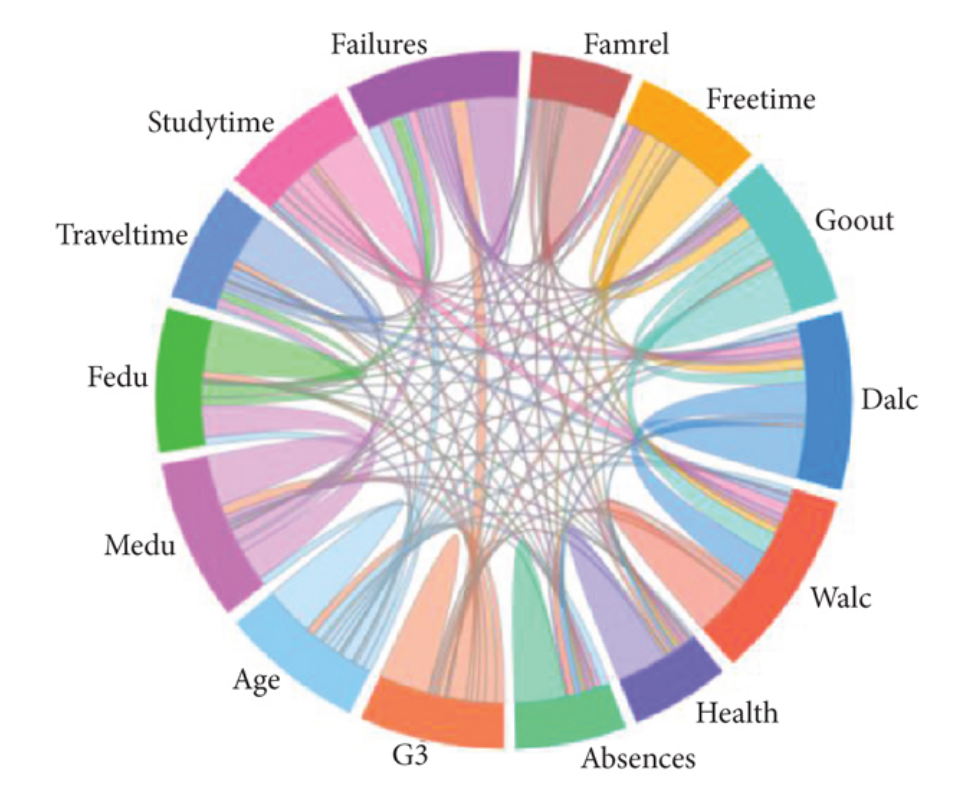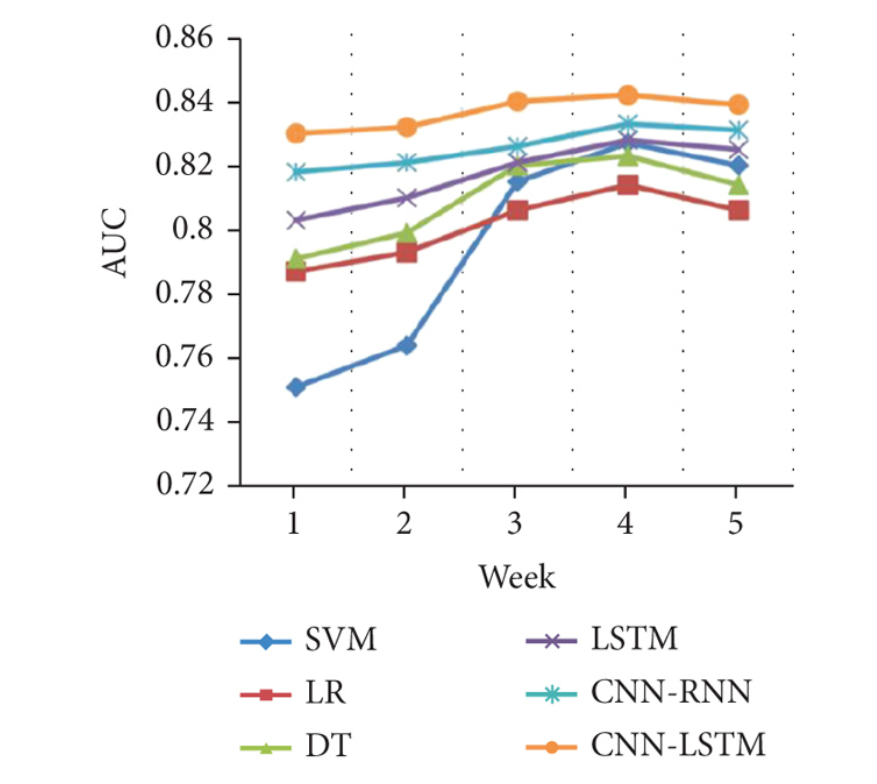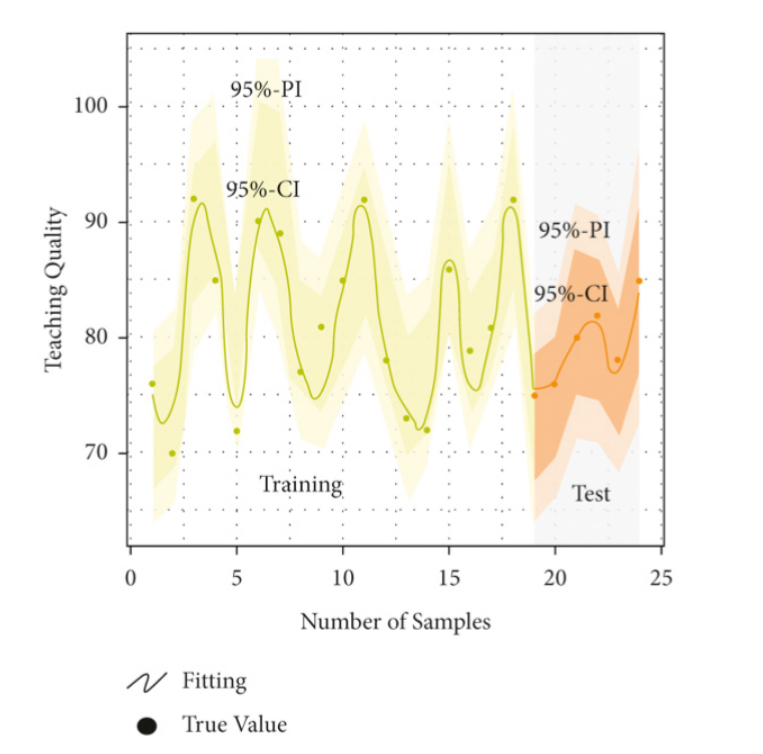 An open access journal
An open access journal
Educational Technology in K-12 Education: Transforming Classroom Learning
Abstract
The integration of educational technology in K-12 education has significantly transformed classroom learning, fostering an innovative and interactive learning environment that caters to the diverse needs of today's digital natives. This paper explores the impact of educational technology on K-12 education, highlighting the shift from traditional teaching methods to dynamic, technology-enhanced learning experiences. It discusses the adoption of various technological tools and platforms, including learning management systems (LMS), digital content and textbooks, interactive whiteboards, and educational apps, which facilitate personalized learning, collaboration, and engagement among students. The paper also examines the role of the Internet of Things (IoT), artificial intelligence (AI), and virtual reality (VR) in creating immersive and adaptive learning experiences that encourage critical thinking, creativity, and problem-solving skills. Furthermore, it addresses the challenges associated with implementing educational technology, such as digital equity, teacher training, and the integration of technology with curriculum standards. Through a review of recent literature and case studies, the study underscores the potential of educational technology to enhance educational outcomes, while calling for strategic planning, professional development, and equitable access to ensure the successful integration of technology in K-12 classrooms.
Share and Cite
Article Metrics
References
- Bebell, D., & O'Dwyer, L. M. (2010). Educational outcomes and research from 1:1 computing settings. Journal of Technology, Learning, and Assessment, 9(1), 1-15.
- Cheung, A. C. K., & Slavin, R. E. (2013). The effectiveness of educational technology applications for enhancing mathematics achievement in K-12 classrooms: A meta-analysis. Education Research Review, 9, 88-113.
- Culén, A. L., & Gasparini, A. (2012). iPad: A new classroom technology? A report from two pilot studies. INFuture2011: "Digital Resources and Knowledge Sharing", 199-208.
- Honey, M., & Hilton, M. (Eds.). (2011). Learning science through computer games and simulations. National Academies Press.
- Johnson, L., Adams Becker, S., Estrada, V., & Freeman, A. (2015). NMC Horizon Report: 2015 K-12 Edition. The New Media Consortium.

